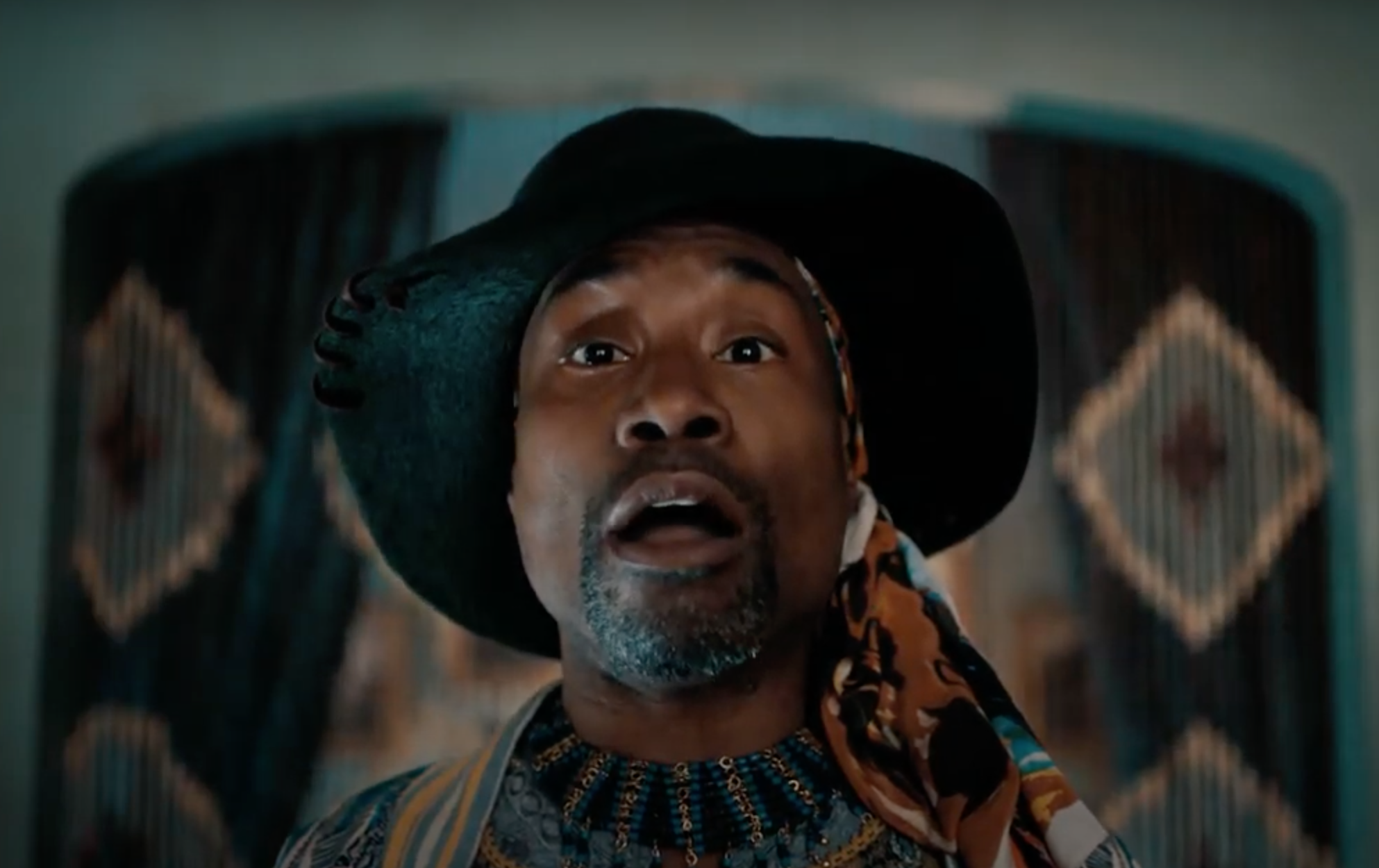
Why video games aren’t ready for love
By Adam Tatelman, Staff Writer
There are plenty of games that try to depict characters in love, but relatively few of them manage to do that with any degree of success. It seems no matter how hard they try, developers fail at every turn to capture the essence of love and attraction in video game form. Perhaps human beings just don’t possess the aptitude to program computers that can feel as we do. But that’s the thing about humans: be it love or game design, we insist on trying again and again, despite every sign that whatever we’re doing just isn’t working.
It starts with the characters. This is ground zero. The immediate problem with our attempts to present video game avatars as relatable people is graphical constraints. Simply put, today’s best-looking games can’t match the visual quality presented by your average CGI Pixar film. Trying to make characters look photorealistic without the necessary resources is bound to result in a lot of glassy-eyed stares, jagged textures, poorly-synched lip movements, and robotic animations.
It gets worse when the voice actors phone in the romance scenes. Half the time we get either cartoonish emotive character models mumbling underwhelming vocals or stock-still mannequins braying hammy dialogue. Either of these combinations is total discord to the human ear and it creates a very distinctive uncanny valley effect. There’s a reason the alien characters in Mass Effect became the fan favorites. That distancing effect actually helped them come across as otherworldly and bizarre, whereas it made the humans seem either underwhelming or just confused.
BioWare Studios is often touted for writing believable relationships in their games. And yet the romance subplots are most often optional content. While it is nice to have the option to add a little romantic flair to your by-the-numbers sci-fi adventure, the main story isn’t affected much by the presence or absence of love. The most you’ll see is some extra dialogue and slight changes in continuity from one instalment to the next. It feels tacked on, especially since, as an intergalactic peacekeeper, Commander Shepherd probably has more important stuff to do than look for love.
The most baffling concept of all is the attempt to give players narrative control over their characters’ dialogue. As demonstrated by games like Dragon Age: Origins, this can be done well, especially when the players’ decisions affect their reputation with other characters in the story. However, non-specific summaries of in-game dialogue choices tend to shatter that delicate illusion. This can result in split-personality characters who may be angelic one moment and ruthless the next, all at the press of a button. It’s often impossible to tell what your character will say based on these summaries. You could very well chew out your romantic interest when all you intended to say was a polite “I don’t swing that way.”
The only games that seem to portray believable romances keep the idea in the subtext. Fans of Valve Studios’ Half-Life 2 may remember the romantic subtext between Alyx Vance and Gordon Freeman. Alyx’s voice actress, Merle Dandridge, shows astounding chemistry with Gordon, considering he is mute for the game’s duration. Their model animations feel quite natural and their mutual attraction grows naturally out of their in-game camaraderie. It’s also central to the plot, raising the stakes when one or the other is lost or injured. Fans have been waiting for years to see whether or not Gordon and Alyx will get together. Sadly, it looks like we’ll never find out.
It remains to be seen whether developers will learn from their mistakes in their quest to bring romantic entertainment to the gaming public. Surely they’ve made every mistake they possibly can at this point. Perhaps it is best to remember that romance doesn’t always need a lot of pomp and fanfare. If it’s done well, a simple tease can be more memorable than a full-blown courtship. Alyx and Gordon know that pretty well by now. Tease is all they’ve been able to do for the last 12 years.

